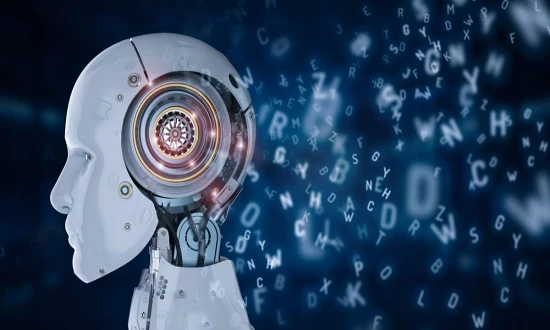Artificial Intelligence (AI): Shaping the Future of Technology and Society
Artificial Intelligence (AI) has emerged as a transformative force that is reshaping industries, revolutionizing technology, and fundamentally altering the way we live and work. In this article, we will explore the profound impact of AI on various facets of society, its current applications, and the ethical considerations and opportunities it presents for the future.
AI's Evolution and Current Capabilities
AI has evolved significantly since its inception, fueled by advancements in machine learning, deep learning, and natural language processing. In 2024, AI stands at the forefront of innovation, powering a wide array of applications such as:
- Autonomous Systems: Self-driving cars, drones, and robotic systems leverage AI to perceive and navigate their environments.
- Healthcare and Medicine: AI is driving breakthroughs in disease diagnosis, drug discovery, and personalized treatment plans.
- Natural Language Processing: Virtual assistants and language translation tools utilize AI to understand and respond to human language.
- Finance and Business: AI is employed for fraud detection, risk assessment, algorithmic trading, and customer service, enhancing efficiency and decision-making.
Ethical and Societal Implications
As AI continues to advance, ethical considerations surrounding its use have become increasingly important. Issues such as algorithmic bias, data privacy, and the impact of automation on the workforce necessitate careful attention. Addressing these concerns is crucial to ensure that AI technologies are developed and deployed responsibly, benefiting society while minimizing potential harms.
The Future of AI: Opportunities and Challenges
Looking ahead, the future of AI holds immense promise and a set of complex challenges. Opportunities abound in fields such as personalized education, climate modeling, sustainable energy, and healthcare. However, challenges such as ensuring fairness and transparency in AI systems, addressing job displacement, and navigating the ethical implications of AI-driven decision-making require thoughtful consideration and proactive measures.
Harnessing AI for Positive Impact
To maximize the potential of AI for the benefit of humanity, it is imperative to foster interdisciplinary collaboration, ethical AI research, and the development of robust regulatory frameworks. Organizations, policymakers, and researchers must work together to ensure that AI is harnessed in a manner that drives innovation, economic growth, and societal well-being while upholding ethical standards and human values.
In conclusion, AI stands as a transformative force with the power to shape the future of technology and society. By approaching the development and deployment of AI with ethical foresight and a commitment to positive impact, we can unlock the full potential of AI while mitigating its challenges, paving the way for a future where AI serves as a force for positive change and human advancement.


